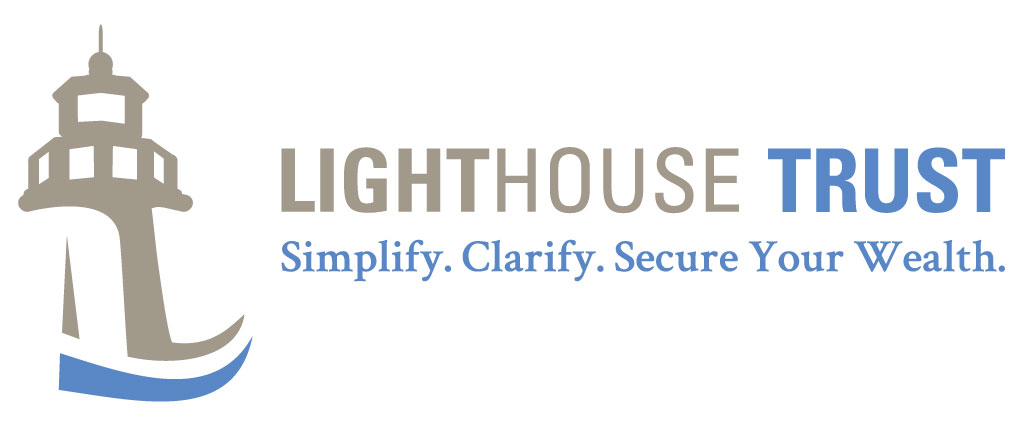Readers of our articles know that we have long held a dim view about the business climate in Delaware. While the state has promoted itself as a supposedly “safe” domestic asset protection jurisdiction, we saw over a decade ago in Kloiber that the Delaware Chancery Court was unwilling to shield a Delaware asset protection trust from a Kentucky divorce proceeding. At the time, we voiced concern about the progressive political climate in Delaware. In our opinion, this posed a risk to investors and entrepreneurs otherwise hoping to rely on Delaware’s deep body of business law to gain certainty in business and investment planning.
Now comes the proverbial warning siren in the form of an opinion piece in the Wall Street Journal. A co-author of the article is no less than former United States Attorney General William Barr. He points out the developing concern that several justices appointed to the courts in Delaware, including the Chancery Court, now hold a preposterously broad view of their ability to target and punish businesses and their officers for failing to satisfy inherently vague environmental, social, and governance (“ESG”) investment principles.
Of particular concern is the Caremark doctrine, a principle of Delaware business law that makes officers of a business liable for failures in risk management. The doctrine was originally envisioned as a way to encourage vigilant stewardship of Delaware-based businesses. Fast forward to today, and the Court of Chancery increasingly uses the Caremark doctrine to punish officers who fail to abide by the political flavor of the day, while simultaneously using the doctrine to shield politically-favored companies from shareholder accountability.
The arbitrary nature by which Chancery Court judges pick and choose their politically-favored litigants undermines the credibility of Delaware as a safe and reliable jurisdiction. Your outcome in a Delaware courtroom may hinge on whether you vote for one political party or another. If you form a legal entity in Delaware, you may find yourself at the receiving end of a lawsuit brought by a third-party litigant seeking to compel you to spend valuable resources serving political aims reflective of the personal preferences of the Chancery Court’s judges. This is not what investors and entrepreneurs sign up for when they come to Delaware.
Our advice: If you have a trust or business entity in Delaware, GET OUT NOW. Our team would be pleased to help you migrate your legal entity to a stable and politically-neutral jurisdiction such as Wyoming, or even an offshore jurisdiction like Switzerland, Belize, or Nevis. For those considering Delaware for trust or business planning, consider the distinct advantages that jurisdictions like Wyoming offer over Delaware: Lower fees, lower taxes, and faster service.
There simply is no good reason anyone should be doing business in Delaware these days.

